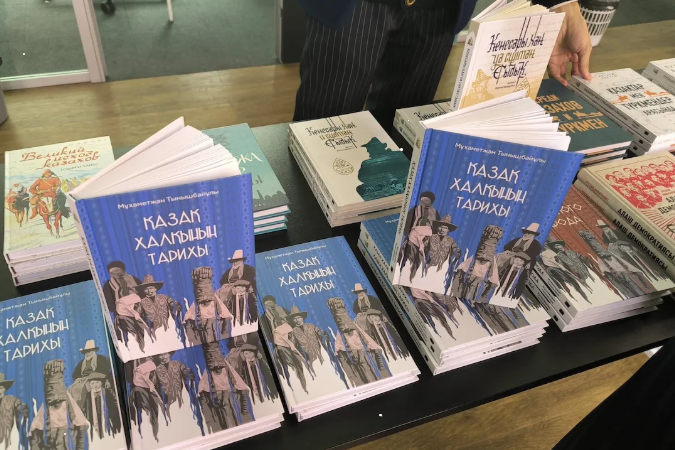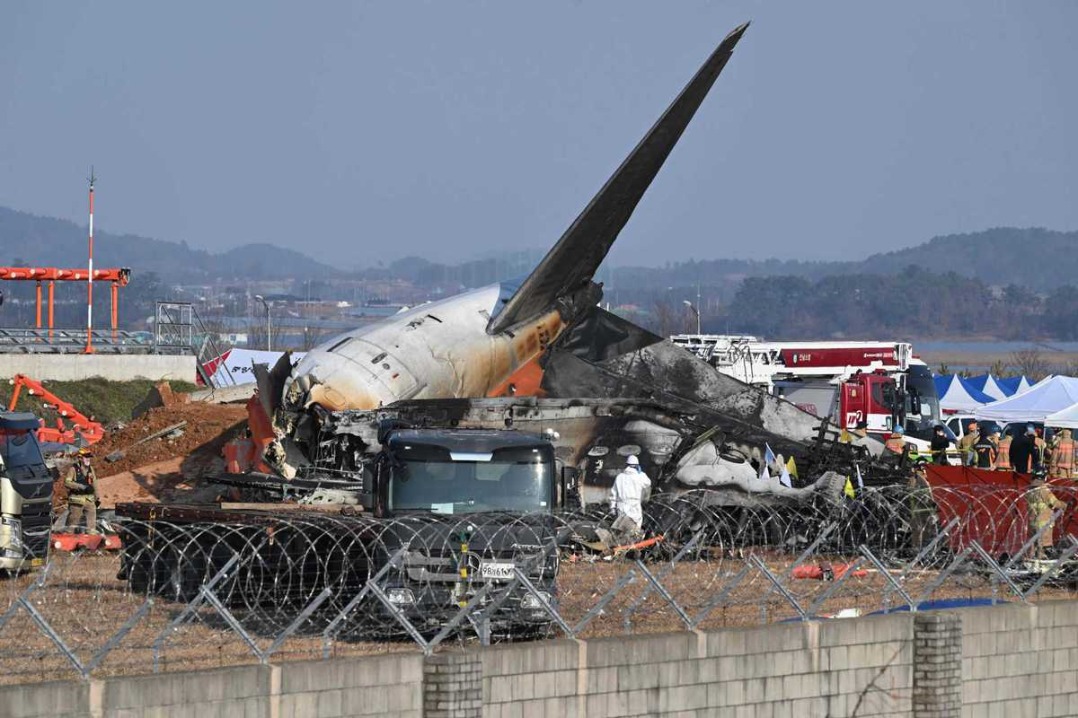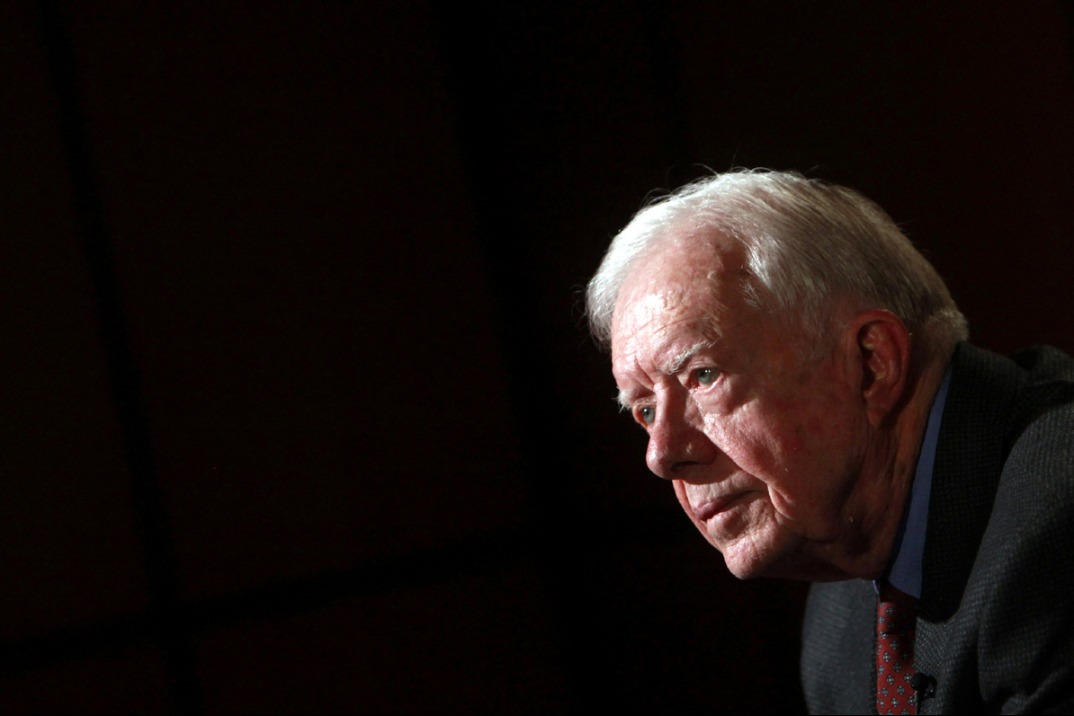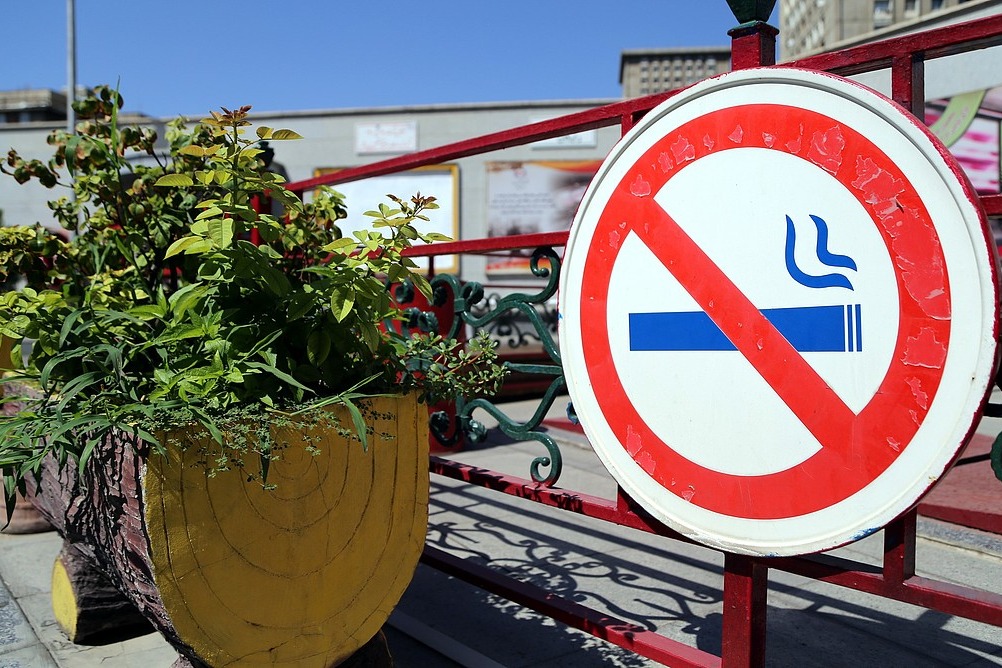Shakespeare's birthplace to be recreated in China

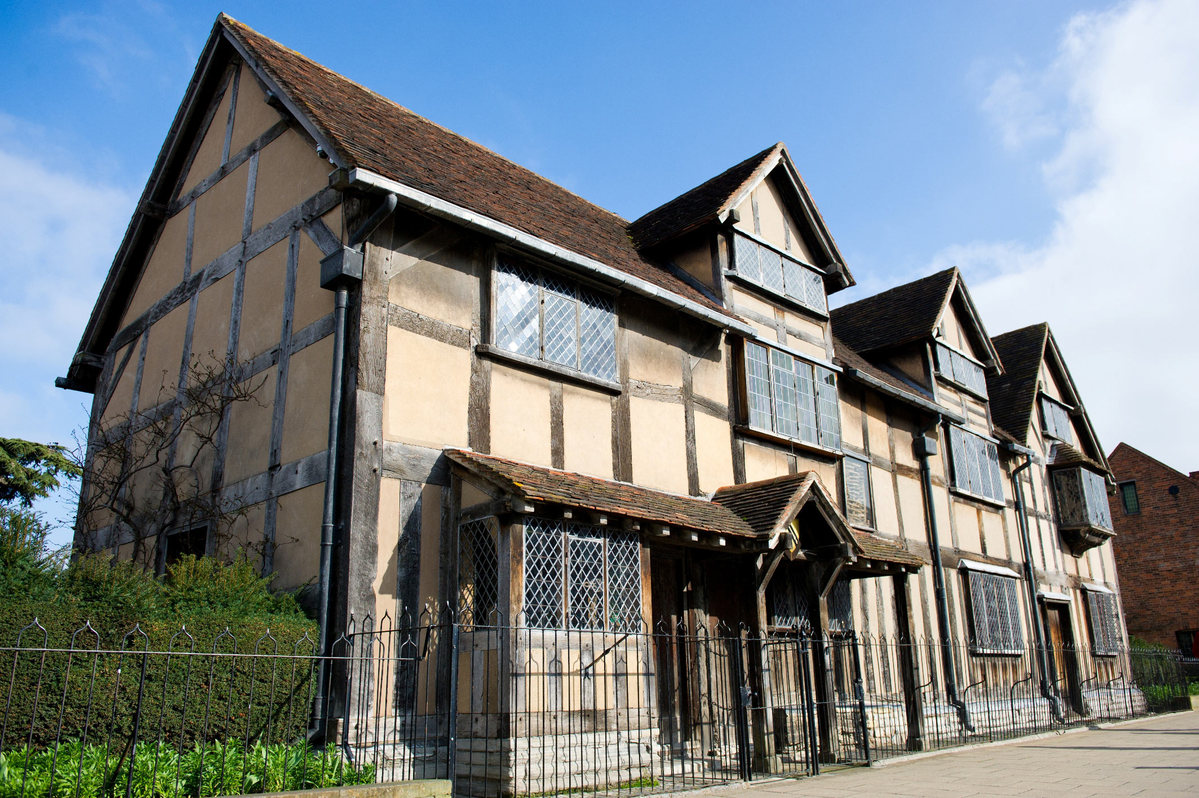
Replicas of two homes that British playwright William Shakespeare once lived in will be built in China's Fuzhou, Jiangxi province, the birthplace of his contemporary Tang Xianzu, in a testament to the deepening cultural links between the two nations.
China is well known for recreating global cultural landmarks. Tourists who can't make it to the Parthenon in Greece can travel instead to Lanzhou in Gansu province to see a copy of the ancient temple. Versions of the Eiffel Tower, the White House, the Sphinx, the Colosseum, and other famous sites have been erected as tourist attractions all over the country.
The local government in Fuzhou has recently confirmed that copies of Shakespeare's childhood and adult homes in Stratford-upon-Avon will be built on the outskirts of the city.
Fuzhou's culture and tourism authority will fund the construction of a small tourism village that will be called San Weng, which means "Three Masters". It is set for completion in 2019. Hotels and accommodation will be grouped around a large theater and cultural center and buildings that commemorate Shakespeare, Spanish author Miguel de Cervantes, and Tang.
The three writers are considered to be among the greatest literary figures from their respective nations, and, coincidentally, they all died in the year 1616.
Authorities in Fuzhou have hired the United Kingdom charity Shakespeare Birthplace Trust to be consultants on the project. The collaboration was made official this month with the signing of a memorandum of understanding that was witnessed by Karen Bradley, the UK's culture secretary, and Yu Qun, China's assistant minister of culture.
Philippa Rawlinson, deputy chief executive of Shakespeare Birthplace Trust, said the partners hope to make a "timber for timber" reconstruction of the home that Shakespeare grew up in, which is called Shakespeare's Birthplace, a building that still stands.
The house where the writer lived as an adult – referred to as Shakespeare's New Place – was demolished in the 18th century. The San Weng project will seek to recreate that house based on archaeological findings and records held by the Shakespeare Birthplace Trust.
"It's a physical footprint in China, not just a touring exhibition, and it gives us the chance to engage with people who simply won't get the chance to get to Stratford-upon-Avon," Rawlinson said.
She said it will be important to recreate Shakespeare's Birthplace as accurately as possible. Some recreations of other landmarks in China have been criticized for being comically small or big, or for being poor approximations of the real thing.
"We've been working with them to make sure that Shakespeare's heritage is recreated with our guidance, so it is as accurate as possible," Rawlinson said.

















